As any parent knows, nutrition plays a vital role in the health and development of their baby. One particular part of nutrition that is often overlooked is hydration - when should babies start drinking water?
Not only is it important to start offering water at the right time, but it is just as crucial to understand the proper amount of water babies should drink and which beverages are most suitable for them.
With this article, we’ll explore the right time to introduce water, as well as how to ensure your little one stays hydrated and healthy throughout their early stages. We'll also offer further guidance in terms of what parents need to consider when introducing water into their little one’s diet.

For the First 6 Months, Water is Unnecessary
For infants from birth to 6 months, breast milk is the ideal nutrition source. Not only does it provide a variety of essential vitamins and minerals, but it also helps build the immune system and protect against infections. Breastfeeding is also great for bonding between mother and baby, as well as being environmentally friendly.
If breast milk is not available or if supplements are needed, iron-fortified infant formula should be used as an alternative. It's important to note that there are other factors to consider when choosing a formula, such as any allergies or intolerances your baby may have. When purchasing powdered formula, it is essential to follow the instructions carefully to prepare it correctly.
For those who are breastfeeding their babies, make sure to give your baby supplemental vitamin D beginning shortly after birth. While some formula already has Vitamin D in its components, babies who receive both breast milk and formula may still need more Vitamin D. Always consult with your healthcare provider for advice on this matter.
It is smart to stay away from homemade or illegally imported baby formulas as they can lead to severe health issues for infants. Also, toddler milk and formula should not be used since these do not provide the essential nutrients that newborns require.
In short: Unless instructed by your pediatrician, do not offer water to your infant in their first half-year of life. Breastmilk and formula are enough.
6 to 12 Months Is When Water Should Be Introduced
The Centers for Disease Control and Prevention (CDC) recommends giving small amounts of water beginning around 6 months old when the baby has already started on solid foods and can handle sips from a cup with meals.
It's important to note however that breastmilk or formula should remain the primary source of hydration for babies until they reach 12 months old, which isn't just for hydration purposes but also for key nutrients and bonding between mother and child.
After 6 months, you can begin supplying your baby with a few sips of water after each meal based on their requirements. The American Academy of Pediatrics suggests that for 6-12 months, babies should drink between 4-8oz a day. Of course, you should do this gradually and always monitor your child's reactions - if they don't seem interested in water, it's best not to force them and instead try again the next day.
For 12-24 months old, 8-32oz a day is recommended and between 2 to 5 years old, 8-40oz a day is best. Remember that the amount of water needed will vary based on each baby’s individual needs, so talk to your child’s pediatrician if you have any questions or concerns.

How To Introduce Water?
Introduce your infant to small amounts of water during mealtimes and snacks, getting them accustomed to the taste, temperature, and feel of liquid in their mouth. It is okay to give them a few sips at a time. Don't worry if they don't finish the entire cup, they will eventually drink more as they get older.
When introducing water, always start with small amounts and ensure the temperature is lukewarm (not too hot). To ensure your baby can comfortably drink their water, provide them with a cup that is suitable for their size. Cups that you can give your baby:
- Sippy cups with a soft spout or straw - these will allow your baby to learn how to control the flow of liquid while they drink.
- Cups with handles - these are easier for little hands to grasp and will help them learn how to hold a cup correctly.
Foods like fruits can also be a part of your baby’s hydration routine. Fruits are good sources of water and provide essential vitamins and minerals that are beneficial for your baby’s growth and development.
Additional Tips
Avoid sweet drinks and juice. It's no surprise that children who drink mainly water and plain milk during their early years will likely continue doing so into their later years. However, bad habits start young, and when they are exposed to sugary beverages at a young age they develop an intense taste for them, making it harder to convince them to switch back to water and plain milk.
Drinks to avoid:
- Juice (even 100% juice)
- Flavored milk
- Plant-based milk
- Toddler milk
- Soda
- Caffeinated drinks
- All other sweet drinks (like lemonade, sweetened water, sports drinks, and more)
Increase water consumption or breastfeeding during hot weather. Increase fluid intake as the temperature rises outside–during hotter weather make sure that your little one gets enough fluids throughout the day, just make sure not to overdo it.
Introduce water slowly. You can start by giving your baby a few sips of water from a cup or bottle after each meal. As they get older and more used to drinking water, you may increase the amount accordingly.
Make sure the water is safe and clean. It's also essential to make sure that the water you give your baby is safe and clean. If you're using tap water, make sure it is filtered and free from contaminants like lead and other heavy metals. Bottled water may also be an option if you're concerned about the quality of your tap water.
Don't give them too much water. Overhydration can cause medical issues such as water intoxication, so make sure you're not giving them too much.

Key Takeaways for Offering Water to Your Baby
Introducing small amounts of water to your baby starting around 6 months old can help them stay hydrated while they transition to solid foods. Make sure the water is safe and clean, and offer it in addition to their regular feedings for optimal health and development.
Most important key takeaways to keep in mind:
- Breastmilk or formula should remain the primary source of hydration for babies until they are at least 12 months old.
- Introduce small amounts of filtered/bottled water starting around 6 months.
- Make sure that the water given is safe and clean.
- Offer it in addition to their regular feedings.
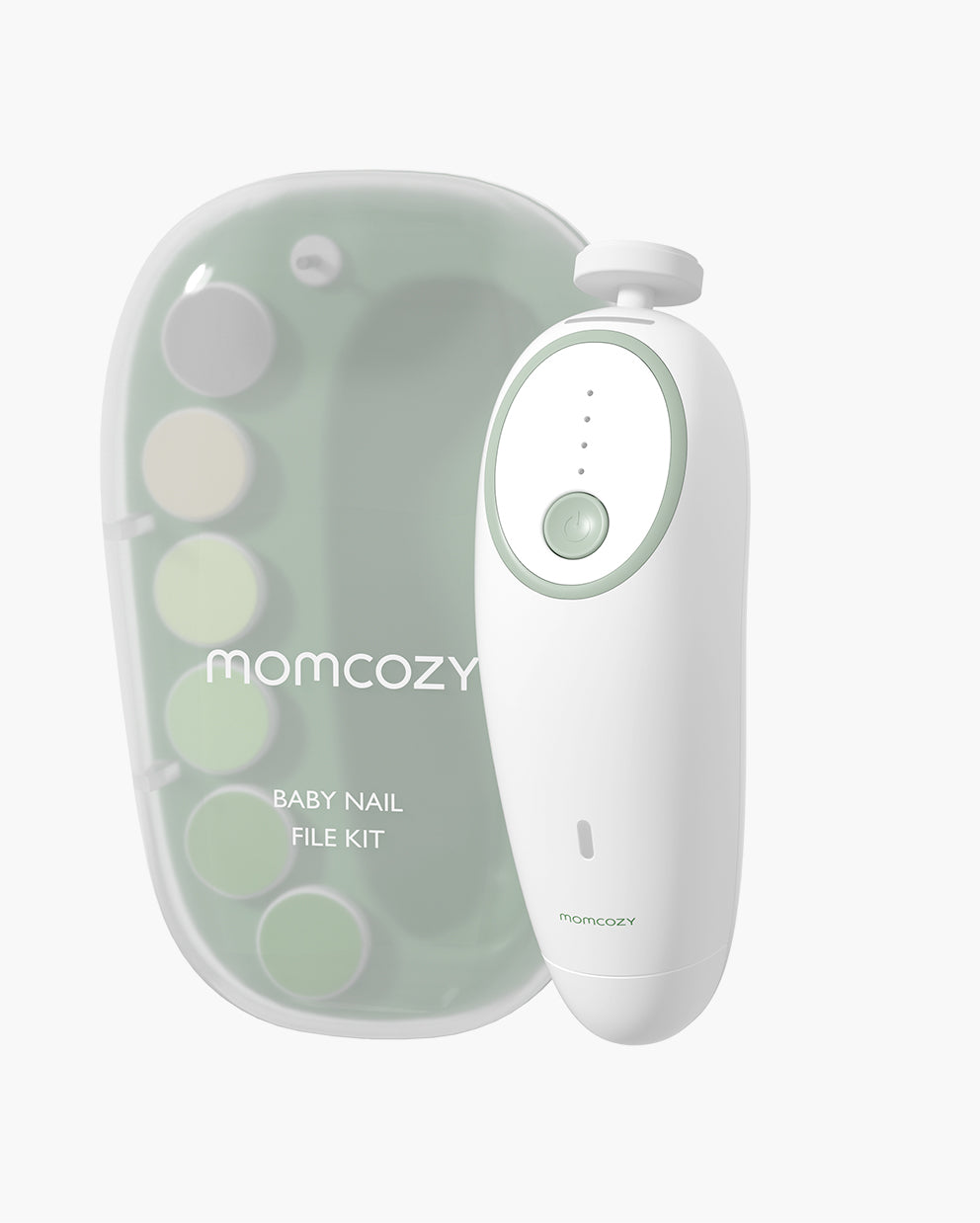
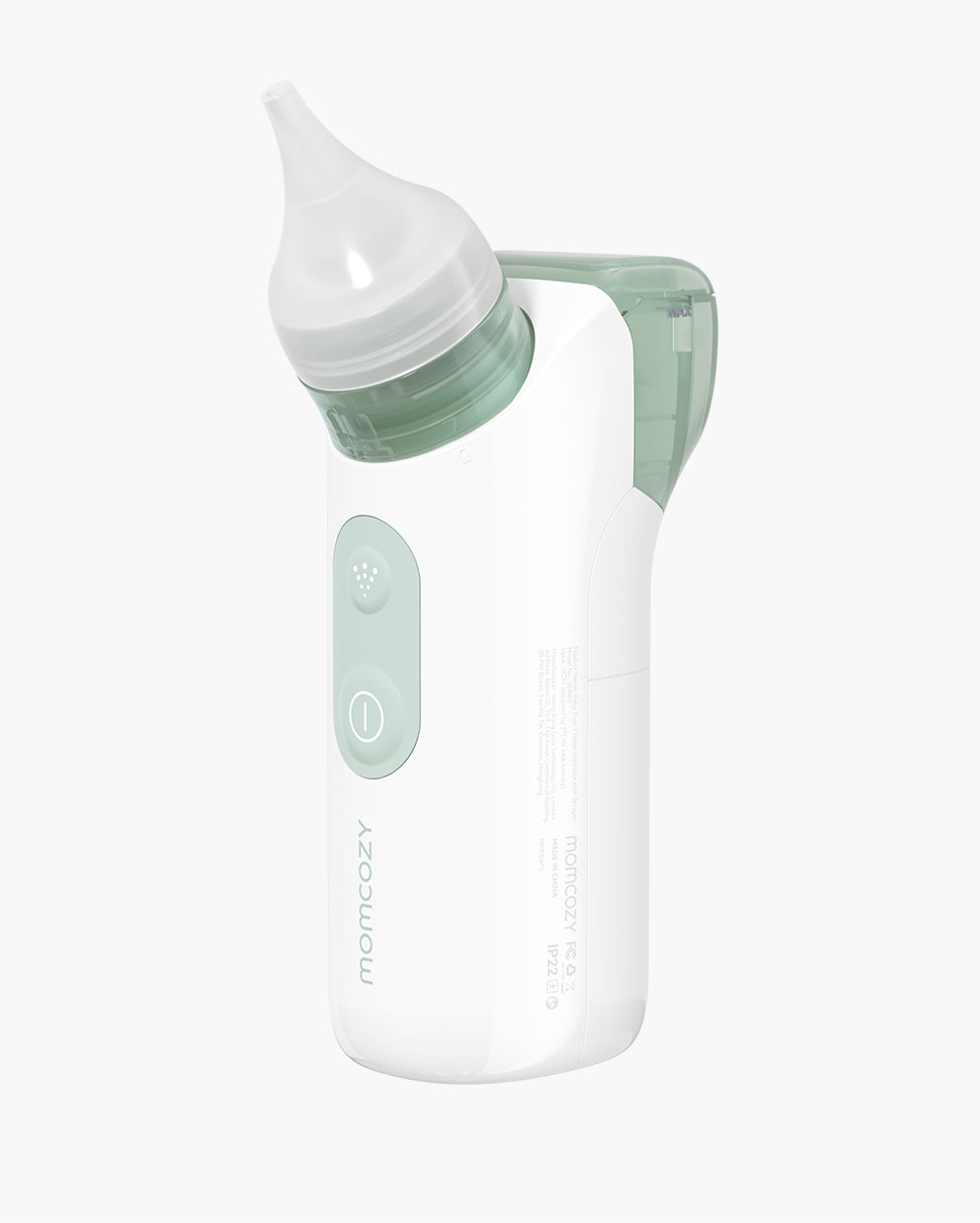
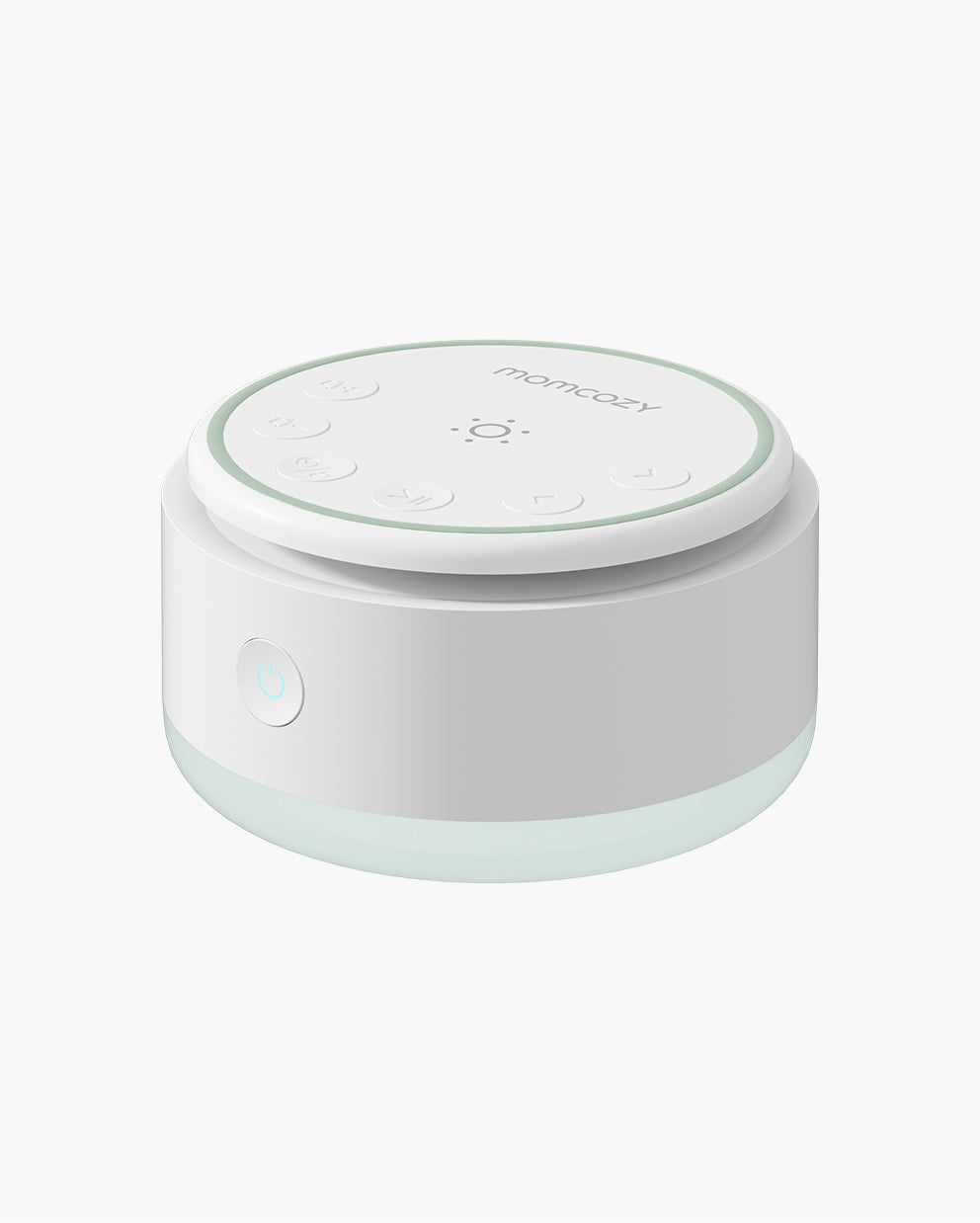
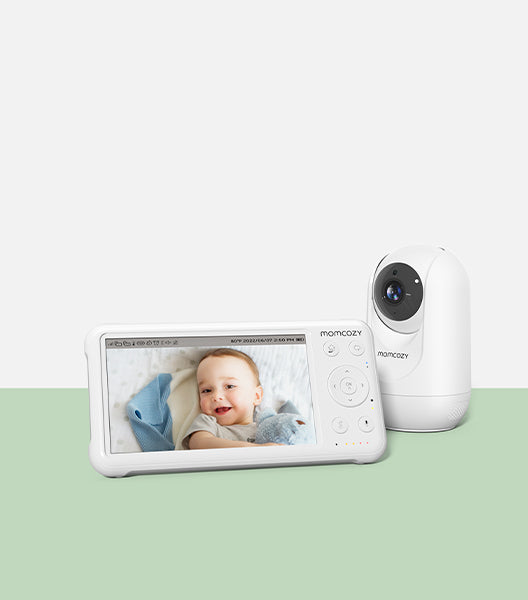
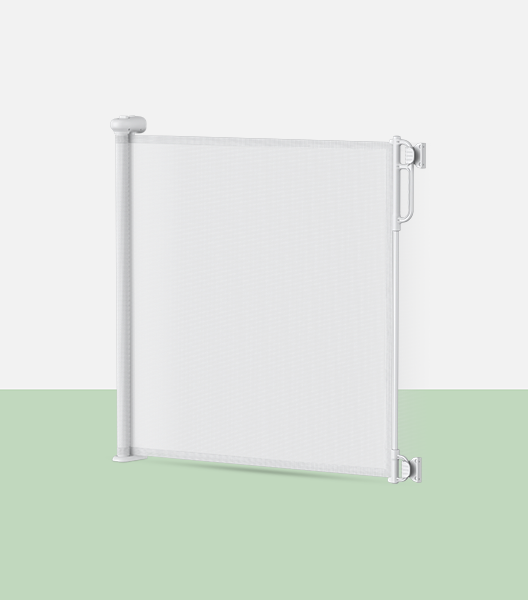
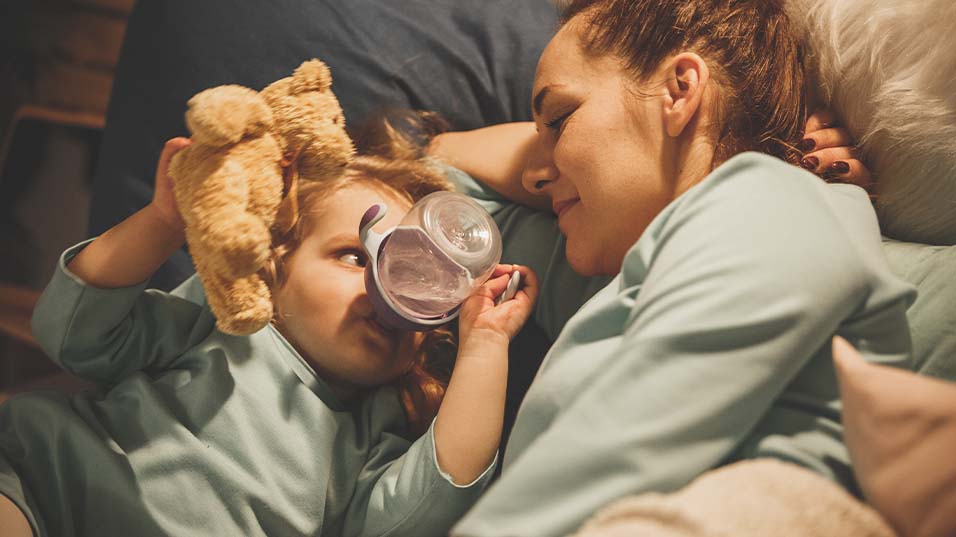


Leave a comment
This site is protected by hCaptcha and the hCaptcha Privacy Policy and Terms of Service apply.